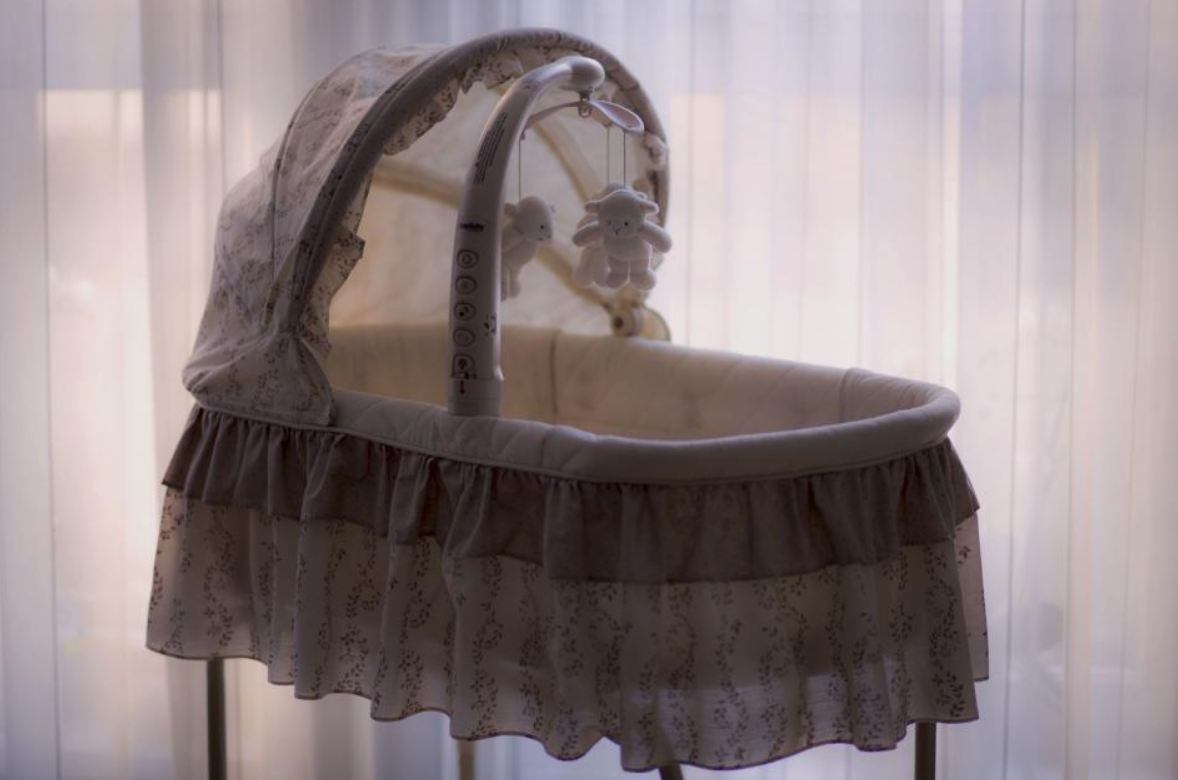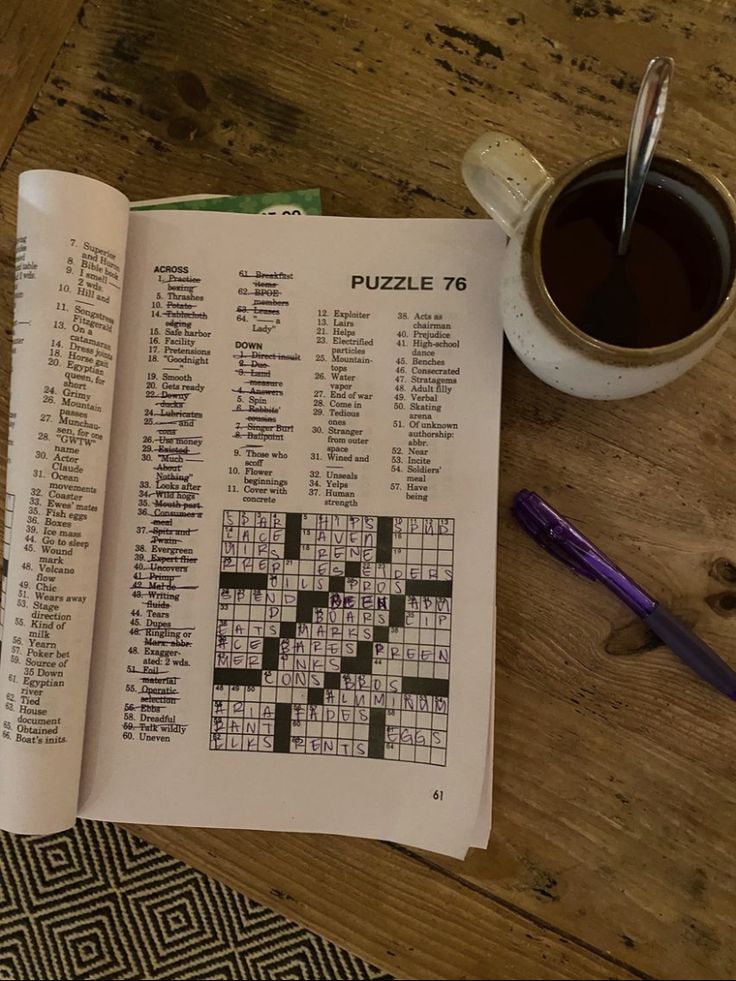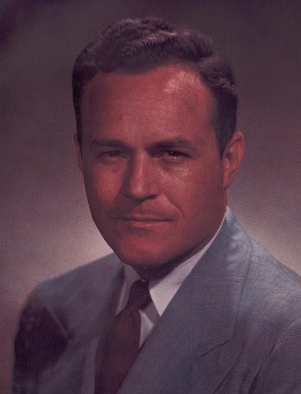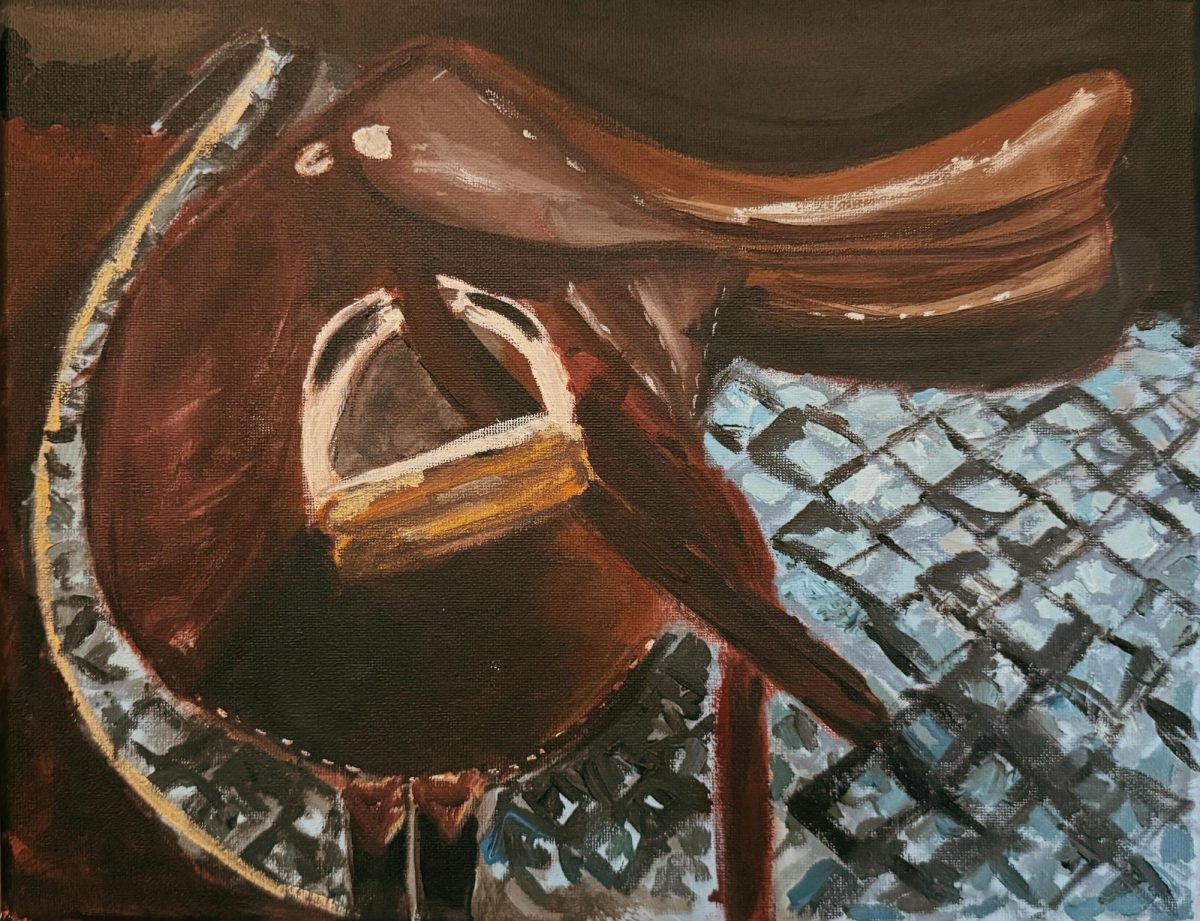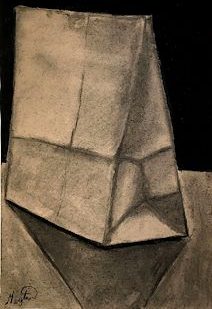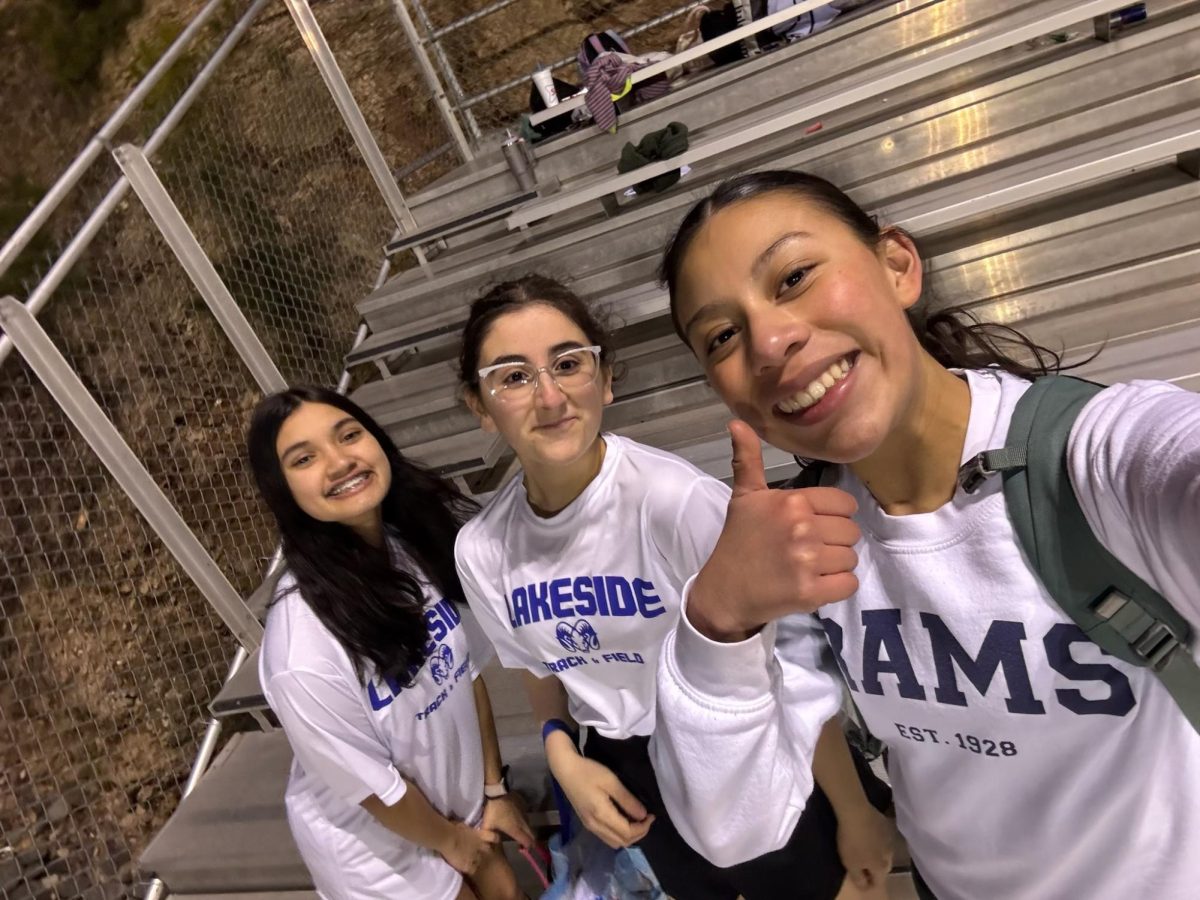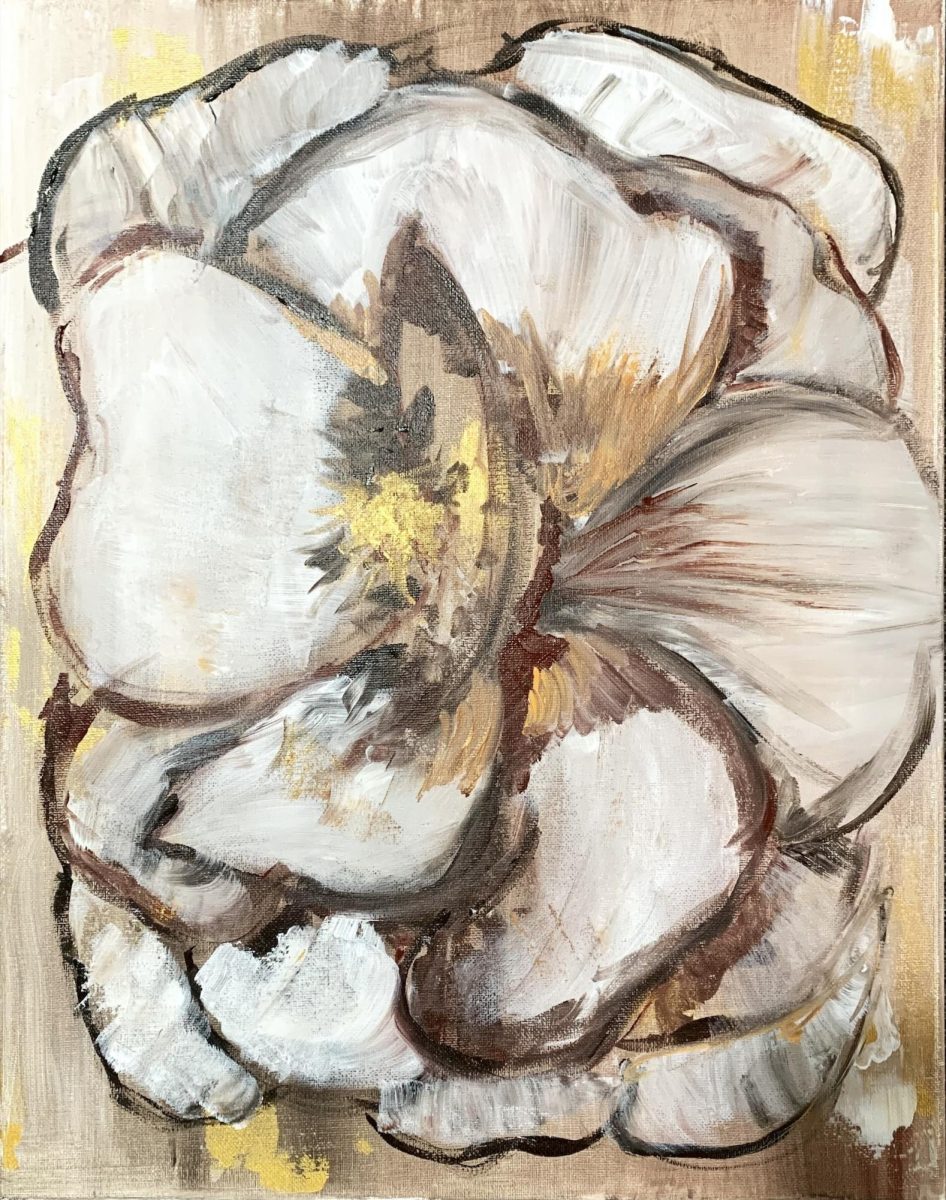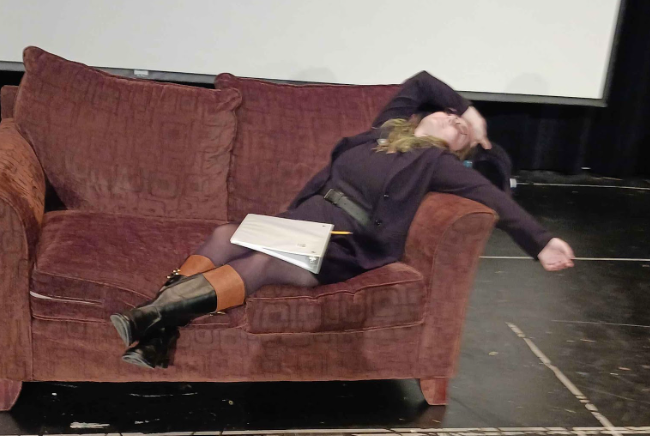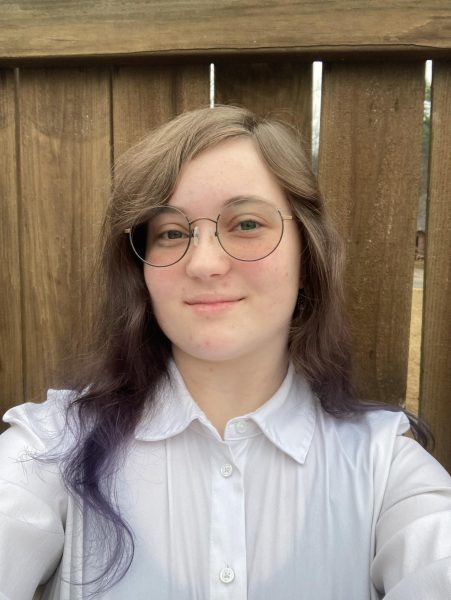Stories are a fundamental part of the human experience, dating back to the days when our most advanced technologies were stone spears and campfires. As such, there are many ways to tell them.
The oldest method is word of mouth, a tradition still alive in school cafeterias and comedy clubs worldwide. We are also intimately familiar with the books our English teachers make us read for class: whether we like them or not, they are stories deemed good enough to pass down from generation to generation. Movies, TV shows, video games, and comics are all worthwhile forms of storytelling. However, one method stands out from the rest because anyone can participate in it: theatre.
At Lakeside, we are blessed with an outstanding Fine Arts program, including theatre. We have classes on every aspect of the subject: Playwriting, Acting, Theatrical Makeup, Costume Design—you name it, Mrs. Ward or Mrs. Haman probably teaches it. But you don’t need to be part of a class to audition for anything—every production we put on here is a completely open audition, as I found out in my first year when I received an email advertising Fiddler on the Roof.
Auditions, though nerve-wracking, aren’t too difficult a task, either: all it takes is a few forms, a short memorized monologue, and a song if auditioning for a musical. You may even get called back for your efforts, which is even easier—show up and do as told! It can be a tedious process on occasion, mainly due to all the paperwork and filling out a conflict sheet that requires foresight three months into the future, but if you do it all and make it, it’s more than worth it.
Say you’ve gone through the whole process, got a callback, and landed the role you have been incessantly knocking on wood for (that’s a gesture for good luck in the business). Maybe you’re a lead or part of the ensemble, well whatever you may now be, wonderful! I congratulate you. Now, you get to show up to rehearsal, where the stage’s beauty shines brightest.
You will probably, though maybe not if you’re in the ensemble, have at least a line or two to memorize—perhaps a hundred, depending on the size of your role (which, yes, can be daunting even for the most experienced thespian—you’re not alone!). It may seem challenging, but it can be done; it’s been done before! And you’ll have more than enough time, primarily if you practice at home – you may look a little crazy to your family, but it will pay off. The best part, though, is that you get to express yourself through this character you’re playing: of course, part of acting is becoming them, but in return, they become part of you. You’ll live vicariously through your role, whether it be having a ball at your sister’s wedding, making your best impression of a fancy rich person at a gala, getting to let down your inhibitions and yell at someone in a funny accent, or whatever else have you—whether it be catharsis, identity, or empathy, all can be found.
The benefits of rehearsal extend beyond just yourself, too – no matter how big or small, the cast of a show becomes a newfound family by strike (the event after the final showing where we take down the set). Cliques do form, of course, but I have found my fellow thespians to be some of the most profoundly welcoming and accepting people I’ve met. People of all shapes, colors, sizes, and walks of life find a home backstage, and even shy folk such as myself are bound to make a few new friends. Even those you don’t become particularly close to are cherished—a special bond comes with sharing in any production’s achievements, joys, disappointments, and sorrows. Everyone pours in their time, heart, energy, sweat, and tears, culminating in the long-awaited opening night, where this big group project finally sees the light of day.
This may sound frightening to you, though, despite my high praise. Maybe you have a history of stage fright, aren’t comfortable in the spotlight, don’t want to give up all that time, don’t have time to give up, or don’t want to. Fear not, however; there’s a place for everyone behind the curtain. Sure, the people on stage are what the audience will see, but there are so many more roles to play. The musically gifted may enjoy a chair in the pit orchestra or compose a soundtrack or two to play over the speaker. Architectural minds skilled with power tools are always welcome in the shop to help build sets. Beauty gurus may find themselves in the makeup room, aiding the less looks-conscious with eyeliner. I haven’t personally taken our Playwriting class when writing this, but someone must be writing these stories! Costume designers, technicians, soundboard operators, and stage managers may not be featured onstage, but all these roles are essential in any production. Without them, there wouldn’t be much of a show at all!
Sadly, auditions for Xanadu have just passed as I write this, so I can’t implore you to try out for that, but there will doubtless be many more to come. The dramatic arts never go out of style or season, so take heed next time you find yourself with information about a play or musical or an empty slot in your class schedule that a performance or tech theatre class could fill. Just remember never to say the name of the Scottish Play, and of course, as we say in the business: break a leg!

